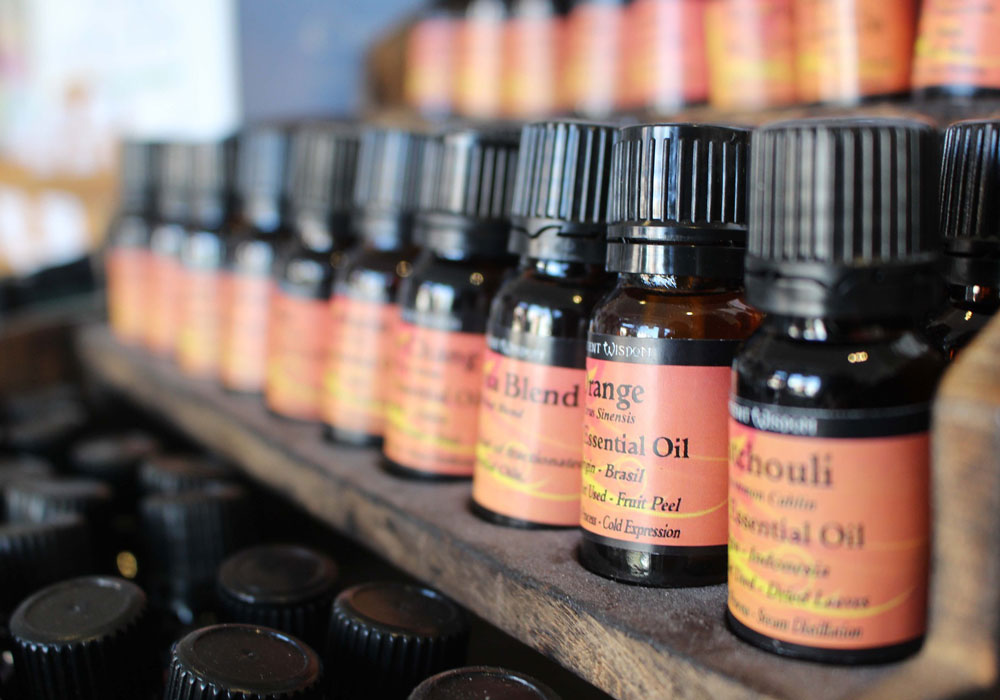What is Aromatherapy?
Aromatherapy, or essential oil therapy, refers to a range of traditional, alternative or complementary therapies that use essential oils and other aromatic plant compounds. Essential oils have been used for nearly 6,000 years, with the aim of improving a person’s health or mood. Aromatherapy is normally used through inhalation or as a topical application.
Is Aromatherapy Safe?
Essential oils are generally safe if you use them in the right way. Some oils can cause the following:
- a skin reaction or allergic reaction
- some oils may make the skin more sensitive to sunlight if applied before sun exposure
- the smell of certain oils might remind you of something unpleasant, and you might dislike it
Always get advice from a qualified aromatherapist before using any type of aromatherapy.
Benefits?
its been shown to reduce:
- nausea
- alopecia, or hair loss
- pain and body aches
- muscular aches
- headaches
- menstrual problems
- anxiety, agitation, stress, and depression
- circulatory problems
- fatigue and insomnia
- menopausal problems

Aromatherapy and Cancer Patients
Aromatherapy has been used in management of a cancer patients pain, sleep disorders, anxiety, depression, nausea and vomiting, and improvement of their general health status. There is little evidence supporting aromatherapy beyond increasing relaxation. Therefore, oils are chosen depending on the benefits and having a low risk of interaction with medication the patient is currently on.
Many cancer centers now offer aromatherapy as a pleasant, inexpensive approach for symptom management. It is administered as a standalone treatment or as a component of therapeutic massage. The most common choices for essential oils include lavender, peppermint, ginger root, sweet orange, rosemary, eucalyptus, mandarin, and chamomile. Although these essential oils are natural, that does not mean they are safe to use in all patients. Along with all medical treatments, patients must be aware of the benefits and risks of aromatherapy and give authorization before beginning therapy.
Can Essential Oils Treat Cancer?
To date, there are no scientific studies showing that aromatherapy can cure or prevent cancer. “Some essential oils may have anti-cancer effects as per laboratory studies on cancer cells, but I haven’t seen any studies looking at the anti-cancer effects of essential oils in humans,” says David Kiefer, MD, medical director for the Integrative Health Clinic and clinical assistant professor for the department of family medicine and community health at the University of Wisconsin in Madison.
Most Popular Aromatherapy Oils
- cypress
- eucalyptus
- ginger
- lavender
- lemon
- lemongrass
- mandarin
- patchouli
- peppermint
- Roman chamomile
- rose
- rosemary
- tea tree
- ylang ylang
The Bottom Line on Aromatherapy and Cancer Patients
The bottom line is more research needs to be done to find out if essential oils are a legitimate treatment option for cancer and its symptoms. Generally, the oils pose few risks when used properly. They’re also a relatively simple and inexpensive way to complement treatment.
References
Dilek, B. (2020). Usage of Aromatherapy in Symptom Management in Cancer Patients: A Systematic Review. International Journal of Caring Sciences, 13(1).
Shady, K., Nair, J., & Crannell, C. (2019). Lavender aromatherapy: Examining the effects of lavender oil patches on patients in the hematology-oncology setting. Clinical Journal of Oncology Nursing, 23(5), 502-508. doi:10.1188/19.cjon.502-508
Williams, L. (2020). Is aromatherapy a critical care intervention? AACN Advanced Critical Care, 31(2), 198-202. doi:10.4037/aacnacc2020931
